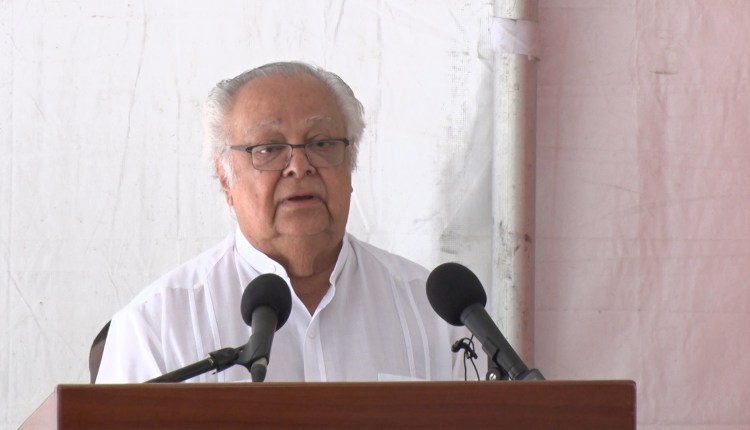On the judgement of the CCJ and the importance for democracy to prevail in Guyana
Georgetown, Guyana – Guyana’s highest Court has spoken on the March elections, and the air of all of CARICOM is purer for the CCJ’s Judgement. The rule of law has prevailed, and a darkening cloud has been dissipated by the CCJ’s unanimous jurisprudence. The whole region must be grateful for the Court’s authority and the calm and courageous manner of its exercise.
Now Guyana must return to its state of respect for the established will of the people, and the new government must be declared and installed. Caribbean democracy demands no less. Our country, our region, our hemisphere, our world – will not allow less. Guyana’s Elections Commission, GECOM, fortified by the Court’s judgement and the people’s demonstrated will, must make democracy prevail. That is its constitutional duty.
And with the exercise of that duty the process of healing must begin. When I spoke at the Inauguration of the Granger administration in 2015, I said this:
At Independence, we aspired to Guyana’s worthy destiny through being one nation and one people.
We were one people then and have been ever since – save in our politics through which we deceive ourselves into believing that our motto of ‘one people’ is false.
It is not false, and we must not let the vicissitudes of politics and the discord inherent in the democratic process diminish our ‘oneness’.
At moments of transition like this it is the duty of all to work hard at destroying the myth of otherness and at cultivating by conscious effort the reality of oneness that is our historical birth right.
Those words are as true and as appropriate now as they were then. I urge them now, at this moment of transition, as I urged them then. Let us follow them and save ourselves.
Sir Shridath Ramphal was one of the “Three Wisemen” who brokered the Herdmanston Accord in 1998 to end a political impasse in Guyana. He is former Attorney-General and Minister of Foreign Affairs of Guyana; Secretary-General of the Commonwealth, Chairman of the West Indian Commission, Chancellor of three Universities – the University of the West Indies, the University of Guyana and the University of Warwick (UK), Head of the CARICOM Regional Negotiating Machinery. He is a celebrated international lawyer and was the lead lawyer of Guyana’s legal team at the International Court of Justice that presented Guyana’s case in the contention with Venezuela on June 30, 2020.






















